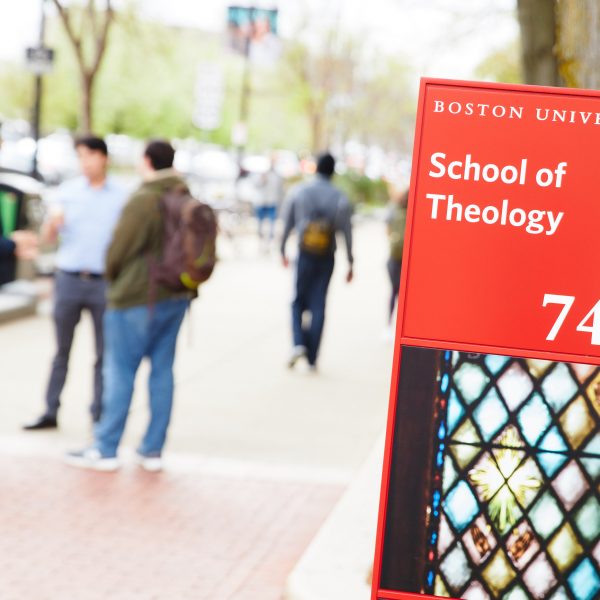Community Committed to Inclusion and Justice
Foster deepened internalization of STH’s Community Principles and Diversity Statement
STH will convene community conversations for deeper engagement with its Community Principles and Diversity Statement, improve processes related to bias reporting, and build upon its learning from the Intercultural Development Inventory (IDI).
Foster a flourishing environment for all faculty, especially underserved faculty
STH will pursue faculty hires that buttress its keystone teaching and programs, such as Black church studies, queer studies, and interdisciplinary studies (e.g., sociology of religion). It will strengthen faculty mentoring and support structures.
Foster a flourishing environment for all students and staff, especially underserved students and staff
STH will cultivate peer mentoring networks, explore strategic new certificates, design handbooks to support improved navigation of STH/BU systems, buttress support structures for international students, and foster programming to honor the wide cultural diversity at STH.
Strengthen STH’s curriculum and infrastructures to embody justice and inclusion
STH’s curriculum revision will seek to implement its commitments to justice and inclusion. STH will assess its buildings concerning accessibility and seek to increase access to gender-neutral restrooms.



